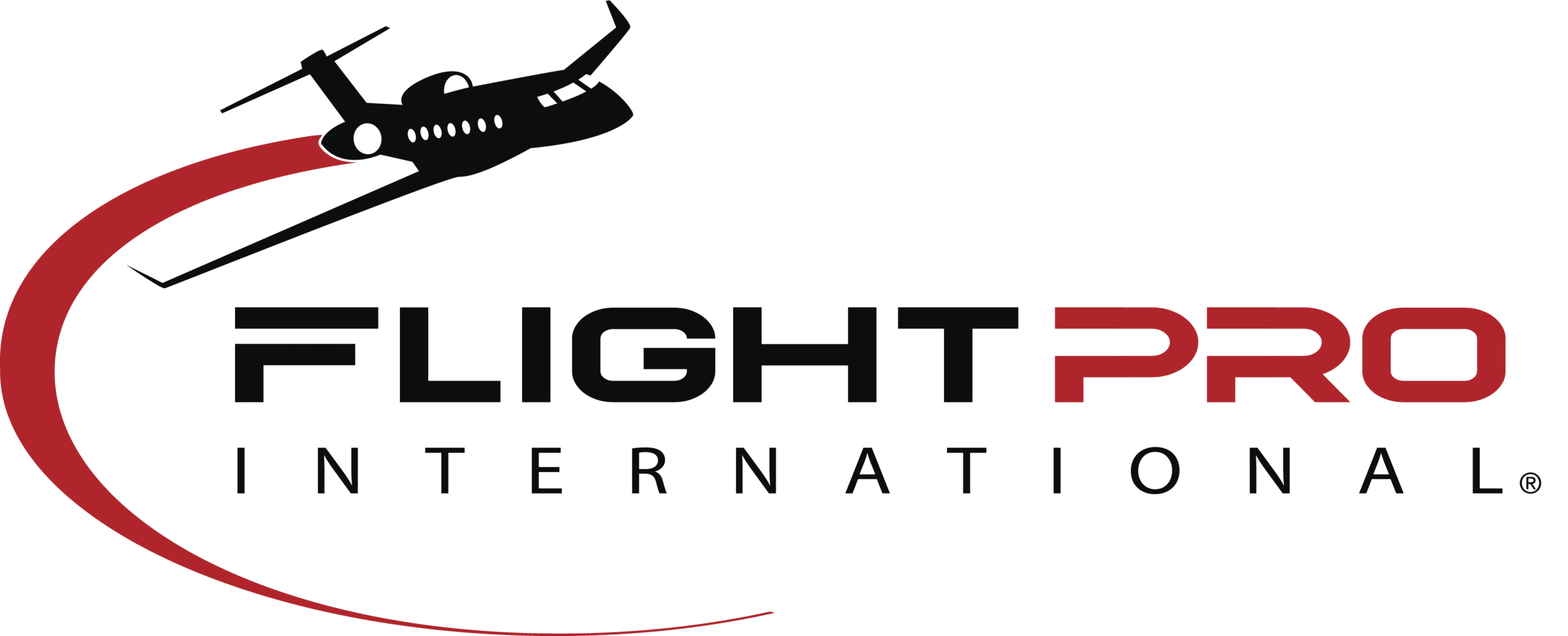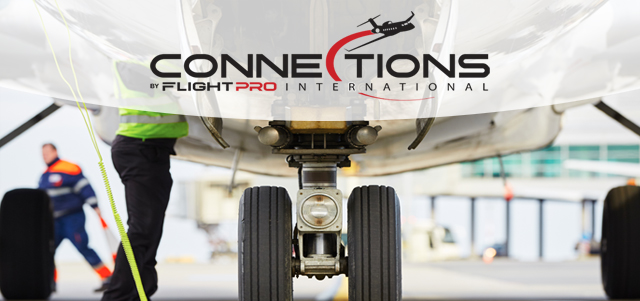COVID restrictions caused most business aviation operators to shut down (or at least drastically reduce) their international travel for nearly two years. Not surprisingly, tracking carbon emissions for the various European programs became a nearly forgotten issue. However, the programs remain in place, and some changes even occurred while aviation was dormant.
2022 has seen a resurgence in business aviation, and many aircraft operators have seen flight activity at or near pre-COVID levels. Operators may find themselves exceeding the CO2 emissions thresholds for one or more of the European programs. If so, their compliance obligations must be dealt with.
European Emissions Trading Schemes
Currently, three related carbon emissions trading schemes, or programs, exist within Europe.
Flights to, from, and within the European Union (EU), European Economic Area (EEA), as well as flights to Switzerland and the United Kingdom (UK), continue to be covered within the scope of the European Union’s Emissions Trading Scheme (EU ETS). Flights between the EU’s outermost regions will also continue to be included.
Flights that are within the scope of Switzerland’s Emissions Trading Scheme (Swiss ETS) include Swiss domestic flights and flights from Switzerland to the EU/EEA. Since January 2020, the Swiss ETS has fortunately been linked with EU ETS – simplifying reporting and emissions reporting obligations.
After BREXIT (the UK withdrawal from the European Union), the UK implemented their own separate Emissions Trading Scheme (UK ETS) as of January 2021. Flights within the scope of UK ETS include UK domestic flights, flights between the UK and Gibraltar, flights from the UK to the EAA, and flights subject to EU ETS.
The EU ETS and UK ETS have similar exemption thresholds, and it’s important to note that the exemption thresholds are different for private operators vs. commercial operators. The exemption thresholds are based on “full-scope” emissions, which include emissions of flights originating from outside Europe and moving into Europe, and vice versa. Even though the programs and exemption thresholds are similar, there are differences between the three as to what counts as “full-scope.” Because of this, an operator could be exempt from all, some, or none of the three.
For private (non-commercial) operators, an operator is exempt if full-scope emissions are less than 1,000 metric tons of CO2 for the calendar year. For commercial operators, the exemption threshold is 10,000 metric tons of CO2 for the calendar year. Note that a commercial operator can conduct private flights to/from and within Europe but the commercial exemption threshold still applies.
Corporate operators who conduct a small number of flights to/from Europe each year are likely to remain below the exemption thresholds, meaning they will not have compliance obligations for their CO2 emissions. However, the more European flights your operations have, the more likely you are to exceed one or more of the exemption thresholds.
Flight Pro International’s Service Solutions
At Flight Pro International (FPI), our mission is to be the most trusted, premier provider of global trip support solutions. Our FPI Compliance Staff have developed a three-tier solution to match our service with your needs based on your current or forecasted carbon emissions compliance obligations.
Tier-1 services: FPI Compliance staff monitor and analyze your emissions using Eurocontrol ETS Support Facility Data. This is the same source of data that all the European agencies use for all three programs. FPI will assess and determine if you are exempt or if you will have any CO2 emissions reporting obligations. If you do exceed any of the exemption thresholds, then we have additional service levels to address those needs.
Tier -2 services: FPI Compliance staff will prepare and file any required Annual Emission Reports prior to their deadline. Additionally, FPI will coordinate the purchase of allowances, which are the means used to meet compliance commitments.
Tier-3 services: This option is for aircraft operators who need assistance with the management of their Aircraft Operator Holding Accounts (aka: Registry Accounts). These registry accounts are similar to online bank accounts for operators under the emission trading systems. Instead of money, these registries hold carbon allowances. Our FPI Compliance Staff can take on and share the time-consuming administrative processes and responsibilities, ensuring that the deposit, transfer, and surrender of carbon allowances is completed in advance of compliance deadlines.
Three Critical Questions To Ask Now:
When was the last time you determined your annual carbon (CO2) emissions for flights to/from and within Europe?
Have you received notice that you have been reassigned to a new Competent Authority and/or that your Registry Account has been transferred to another EU Member State?
Have you been contacted by the UK about participation in the UK ETS?
For help with carbon emissions compliance requirements, contact our Flight Pro International Compliance Staff. Our success is your success! Partner with us today.



